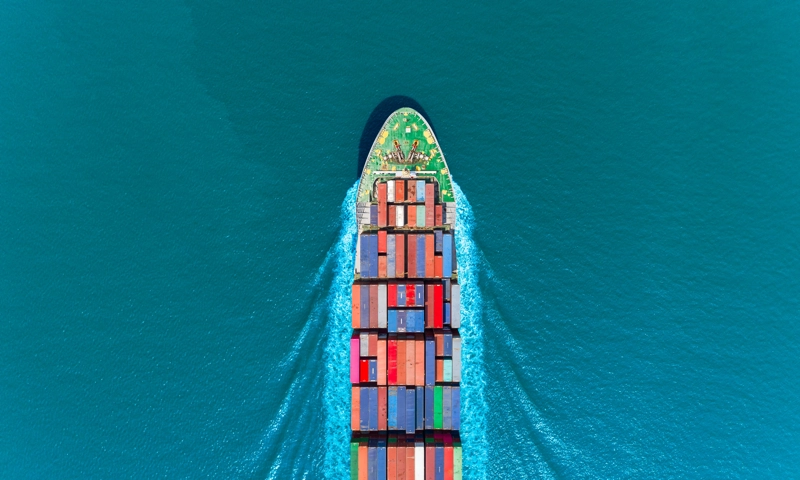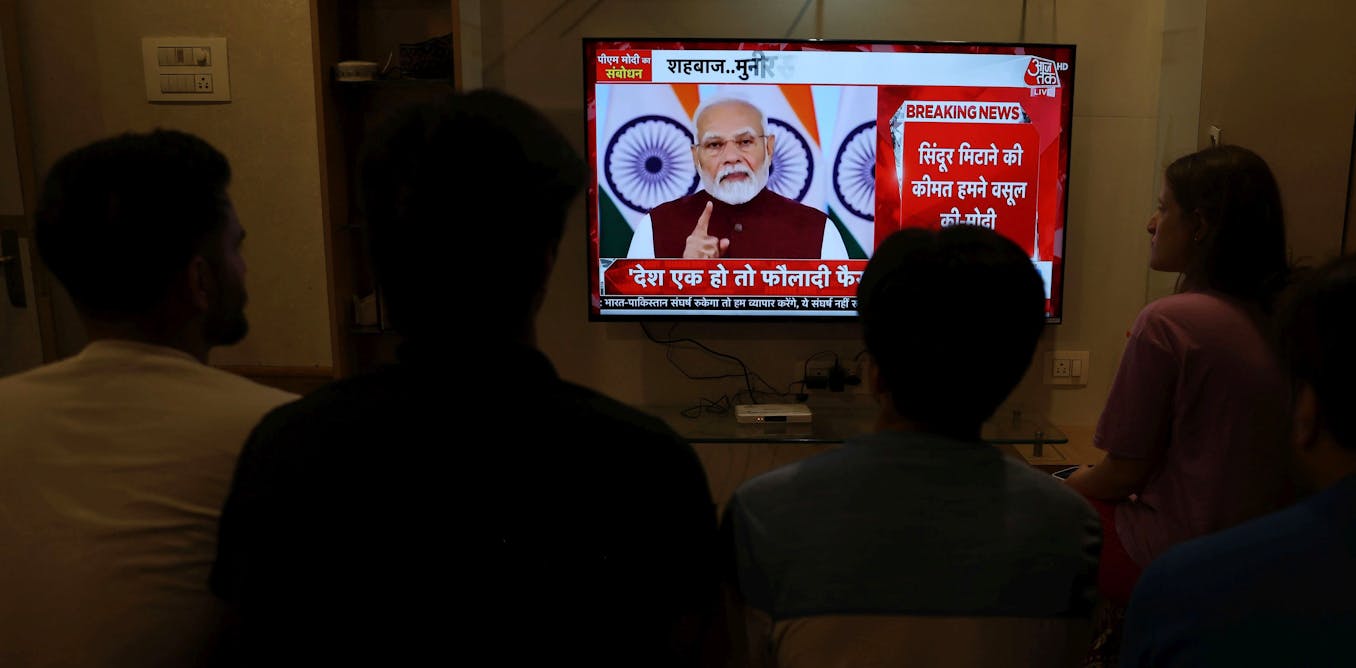Now Reading: Strategic Tariffs and Their Impact on Travel and Hospitality & By Dr Isabella Blengini
-
01
Strategic Tariffs and Their Impact on Travel and Hospitality & By Dr Isabella Blengini
Strategic Tariffs and Their Impact on Travel and Hospitality & By Dr Isabella Blengini

In the recent past, tariffs have emerged as a prominent topic, moving from being a subject in economic textbooks to making headlines. These tariffs, once confined to trade circles, are now a part of broader political discussions, impacting various sectors like stock markets and air travel.
Tariffs, which are taxes on imports from other countries, elevate the cost of these goods, making them less appealing for purchase and giving local producers a competitive advantage. This increase in cost is usually transferred to consumers, resulting in higher prices and reduced purchasing power.
The strategic use of tariffs, especially in an unpredictable manner, is influencing global perceptions and putting pressure on industries like hospitality that rely on openness and a welcoming environment. Tariffs are not just about altering prices; they also serve as tools for economic strategy and political leverage, dating back to historical events like the 1930s U.S. Tariff Act.
Trade tactics involving tariffs can be seen as a strategic game, where countries deploy tariffs to compel foreign producers to lower prices or make concessions. This approach aligns with the principles of ‘game theory’, where countries threaten tariffs hoping to force the other party to back down first. However, miscalculations in this strategy can lead to mutual economic harm.
The uncertainty surrounding tariffs can have a significant impact on financial markets, where expectations play a crucial role. The tariffs announced by the Trump administration in early 2025, including a 10% baseline duty and targeted surcharges on key imports, created market turmoil due to their unpredictability.
Tariffs have tangible effects on sectors like travel and hospitality, as they increase the costs of imported goods and materials, directly affecting industries reliant on international supply chains. Airlines and hotels are facing higher expenses and decreased demand due to the rising costs driven by tariffs, impacting their profitability and operations.
Moreover, the uncertainty stemming from trade tensions and tariffs can erode consumer confidence, affecting travel patterns and economic performance in sectors like airlines and hotels. The unpredictability of tariff policies is creating a climate of caution among travelers and investors, leading to revised forecasts and reduced investments.
Despite the financial incentives resulting from favorable exchange rates, the broader deterrents caused by tariffs are outweighing these benefits for travelers. The hospitality and travel industries are facing challenges in maintaining global stakeholder confidence and preserving the spirit of openness amidst protectionist trade policies.
In conclusion, while tariffs aim to safeguard domestic interests, their unintended consequences often include reduced confidence and increased costs for industries like travel and hospitality. The importance of maintaining an open and welcoming environment in these sectors is crucial, even amidst the challenges posed by tariffs.






